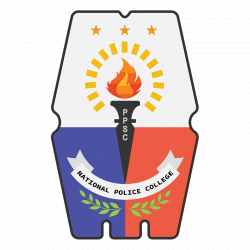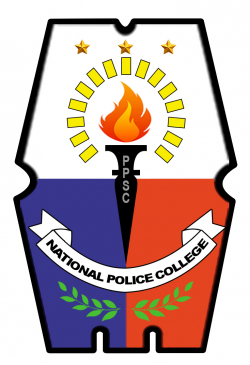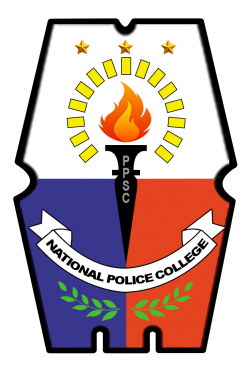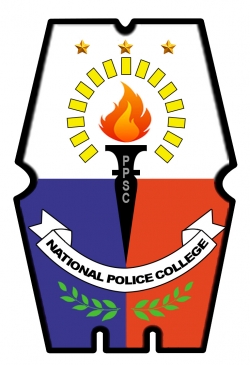DETERMINANTS FOR ACCEPTANCE OF TOKHANG IN DAVAO CITY
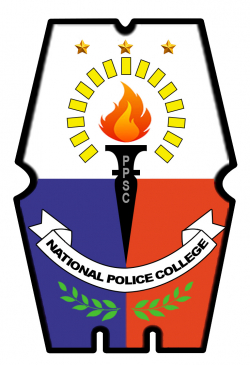
Type
Thesis
Authors
PLTCOL VERNA L CABUHAT ( PLTCOL GRANT A GOLLOD )
Category
PSOSEC
[ Browse Items ]
Publication Year
2020
Abstract
The study aimed to identify the determinants for acceptance of Tokhang and the likelihood that the respondents/ community members will be willing to accept Tokhang in order to provide a research-based guide for the PNP Top Grass in formulating policies to develop and/ or improve positive perception and acceptance of the community towards the said program.
The study was anchored on the theory of Change by Weiss (2018). In addition, descriptive research design was employed for the study with a total of 289 respondents from the following sectors of Davao City: Youth, Business, Religious, Labor. Further, Binary Logistic Regression served as the statistical tool of the study aimed to determine the determinants of acceptance of Tokhang in Davao City.
Based on the result, in terms of the socio-demographic profile of the respondents, the sector group and the age of respondents showed to be a significant determinant for the acceptance of Tokhang in Davao City. Moreover, in terms of peace and order condition, findings showed that the indicators Immediate Solution of crimes an Absence of Illegal Drugs are significant determinants. This indicates that as crimes were immediately solved, and as the absence of illegal drugs in the Davao City became apparent, the likelihood of the respondents; acceptance of Tokhang increases.
Through this, the researchers were able to recommend the following: the government/ PNP’s Anti-Illegal Drug strategies and programs may address the concerns of community members aged 14 to 43 years old and/ or belonging to Youth and Labor Sectors, program implementers may formulate guidelines/ policies that would facilitate and ensure immediate solution of crimes, the Philippine National Police may need intensify and sustain police operations against illegal drugs/ personalities to totally eliminate illegal drugs, and the Philippine National Police may enhance knowledge of PNP personnel on Human Rights, particularly those involved in Anti-Illegal Drugs Operations.
The study was anchored on the theory of Change by Weiss (2018). In addition, descriptive research design was employed for the study with a total of 289 respondents from the following sectors of Davao City: Youth, Business, Religious, Labor. Further, Binary Logistic Regression served as the statistical tool of the study aimed to determine the determinants of acceptance of Tokhang in Davao City.
Based on the result, in terms of the socio-demographic profile of the respondents, the sector group and the age of respondents showed to be a significant determinant for the acceptance of Tokhang in Davao City. Moreover, in terms of peace and order condition, findings showed that the indicators Immediate Solution of crimes an Absence of Illegal Drugs are significant determinants. This indicates that as crimes were immediately solved, and as the absence of illegal drugs in the Davao City became apparent, the likelihood of the respondents; acceptance of Tokhang increases.
Through this, the researchers were able to recommend the following: the government/ PNP’s Anti-Illegal Drug strategies and programs may address the concerns of community members aged 14 to 43 years old and/ or belonging to Youth and Labor Sectors, program implementers may formulate guidelines/ policies that would facilitate and ensure immediate solution of crimes, the Philippine National Police may need intensify and sustain police operations against illegal drugs/ personalities to totally eliminate illegal drugs, and the Philippine National Police may enhance knowledge of PNP personnel on Human Rights, particularly those involved in Anti-Illegal Drugs Operations.
Number of Copies
1
| Library | Accession No | Call No | Copy No | Edition | Location | Availability |
|---|---|---|---|---|---|---|
| NPC Library | 676163 | 1 | Yes |
